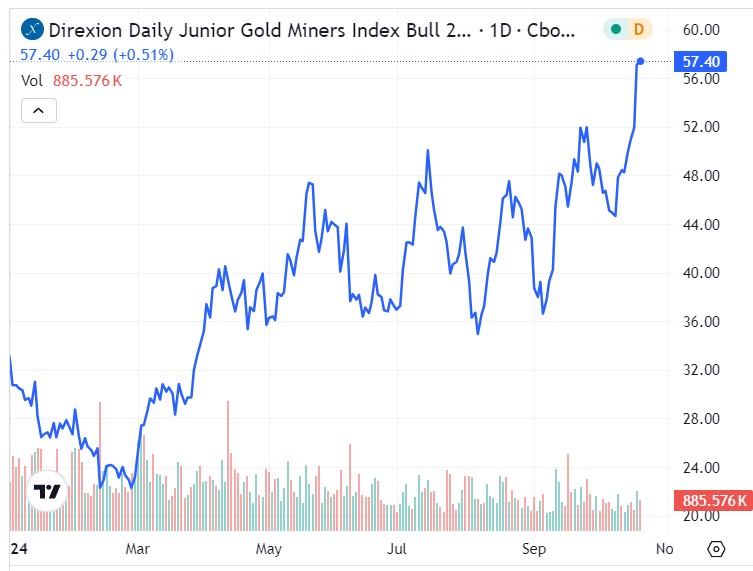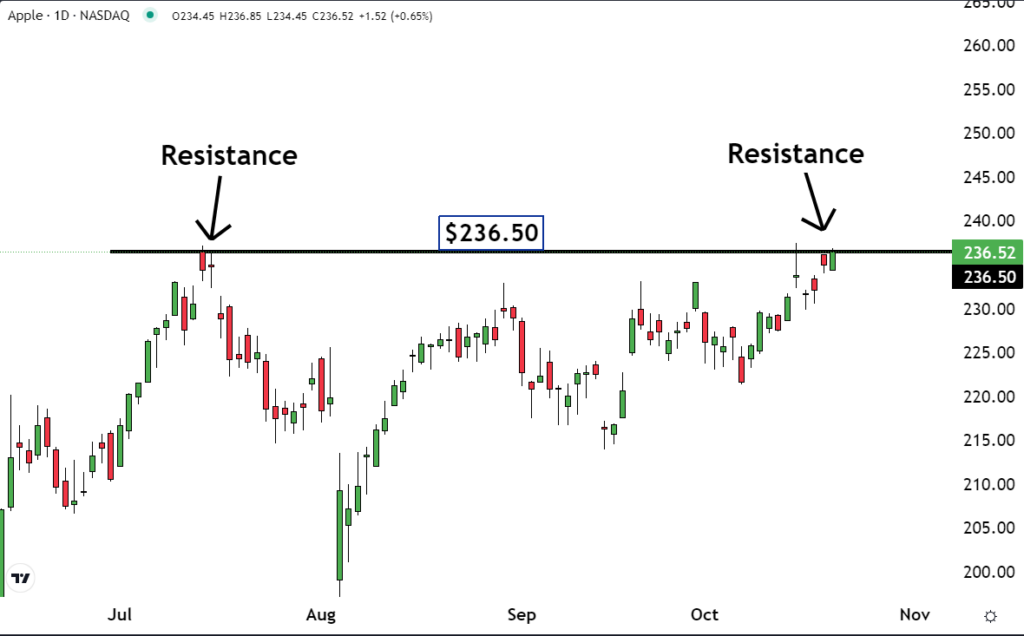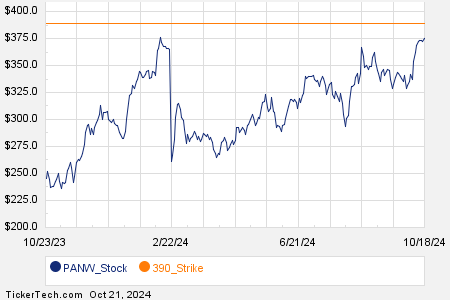
Source: Hermin / Shutterstock.com
The United States banking sector had been in the spotlight in the first half of last year, as a series of events shook the industry and the markets. In March 2023, a wave of bond selloffs triggered by rising inflation expectations caused massive losses for banks holding long-term debt securities. In April, several regional banks collapsed due to liquidity problems and credit quality issues, sparking fears of a systemic banking crisis. Furthermore, there are definitely some financial stocks to sell you need to know.
Though there have been no subsequent bank failures, the U.S. government faced a wave of credit downgrades, which also weighed heavily on bank stocks. Some bank stocks, however, were able to perform well due to high interest rates providing them with a hefty net interest margin—the difference between the interest earned on lending and the interest the bank provides to consumer bank accounts.
Interest rate cuts are slated for the second half of this year, and they will have differing effects on financial stocks. Below are some financial stocks to avoid in 2024.
Affirm: Valuation Reaches Unacceptable Levels

Source: Piotr Swat / Shutterstock.com
Affirm (NASDAQ:AFRM) is a leading provider of buy now, pay later (BNPL) services, this fintech platform allows consumers to split their purchases into interest-free or low-interest installments. To provide these kinds of flexible payment options, the fintech company has to deal with its own funding costs which are tied to current interest rates. Ultimately, Affirm’s management team expect higher interest rates to weigh on the company’s margins in the near future which could dent earnings prospects.
While interest rate cuts are expected later this year, the precipitous fall in the federal funds rate that many were hoping for will likely not come into fruition. This means, while borrowing costs will come down slightly, they will remain elevated for a longer period of time. Hence the phrase “higher for longer.”
Affirm’s shares have definitely outperformed peers. The stock price has risen nearly 200% over the past 12 months, stretching Affirm’s valuation to unacceptable levels. Because margins are likely to be held back from expanding in the short and medium term and since Affirm’s valuation remains rather stretched, current shareholders investors should find other opportunities in the space instead of keeping the stock in their portfolios.
HomeStreet: Struggles to Navigate Interest Rate Environment

Source: MNR Media / Shutterstock
HomeStreet (NASDAQ:HMST) is a diversified financial services company that provides banking, mortgage and commercial real estate lending, and investment services.
Due to its product end-markets, the financial services company has struggled to navigate the challenging interest rate environment. HomeStreet has tried reducing its loan portfolio
Unraveling the Fate of HMST and PNC
The Decline of HomeStreet Inc. (HMST)
HomeStreet Inc. (HMST) has been treading through turbulent waters due to its reliance on floating rate loan products, plunging margin interest margins, and a stumbling real estate sector. The company’s narrow focus on commercial loans, residential construction loans, and home equity loans has left it vulnerable in the face of today’s lackluster housing and commercial real estate markets.
PNC’s Precarious Position
The PNC Financial Services Group (NYSE:PNC) stands as one of the biggest U.S. regional banks, with operations spanning 29 states and the District of Columbia. Despite expanding its footprint and scale through strategic acquisitions, such as the purchase of BBVA USA, PNC has not been immune to the aftershocks of the banking crisis in 2023. The deposit growth faltered, and its net interest margin suffered due to the elevated interest rate environment, overshadowing higher income from interest-bearing products.




